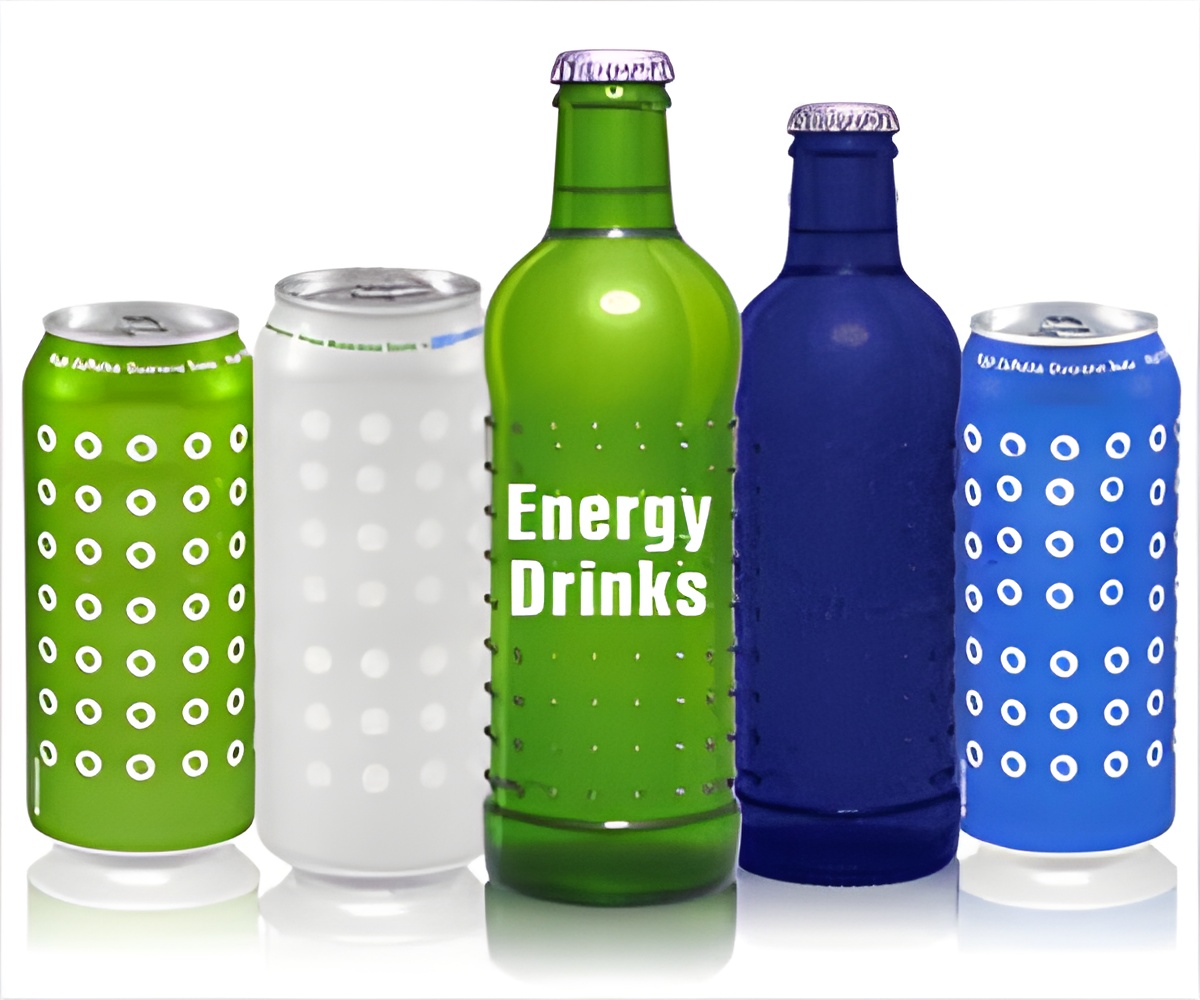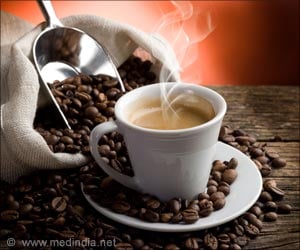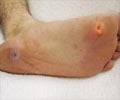The sale of energy drinks to children should be banned after studies indicated that teenagers are drinking up to a litre of the sugar and caffeine drinks in one go.

‘The recommended quantity of intake of caffeine is 105mg and that of sugar is 30g, per day. Many of the health drinks contain more than the daily recommended quantity. This leads to a whole array of health and behavioral issues.’





The paper, written by Dr Shelina Visram from Durham University and Kawther Hashem from the health charity Action on Sugar, says consumption among children globally is growing. The intake among the age group of 10 to 14 years is expected to increase by 11% over the next five years.A survey involving 16 European countries found that 68% of 11 to 18 year olds and 18% of children aged 10 years and under, consume energy drinks, with 11% of the older group and 12% of children drinking at least a litre in a single session. A single can of popular brands in the market can contain around 160mg of caffeine, while the European Food Safety Authority recommends an intake of no more than 105mg of caffeine and 30g of sugar per day for an average 11-year-old.
Dr Shelina Visram, lecturer in public policy and health at Durham University energy drink consumption among youth is a growing concern because of their high caffeine and sugar content.
Kawther Hashem, a registered nutritionist and researcher at Action on Sugar based at Queen Mary University of London said, "Children and teenagers are being deceived into drinking large cans of energy drinks, thinking they are going to improve their performance at school, during sports, or even on a night out. In reality it is more likely increasing their risk of developing obesity, type 2 diabetes and dental caries, which will have lifelong implications on their health."
British Soft Drinks Association director general Gavin Partington said, "The latest review by the European Food Safety Authority (EFSA) in 2015 confirms that energy drinks are safe and make up a very small part of the caffeine intake of adolescents and a negligible amount amongst children."
Advertisement
Source-Medindia











